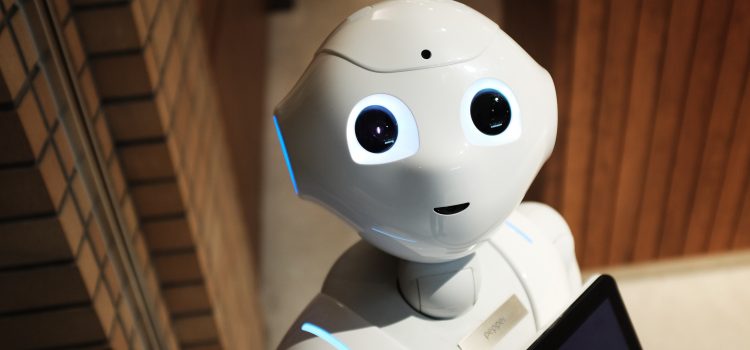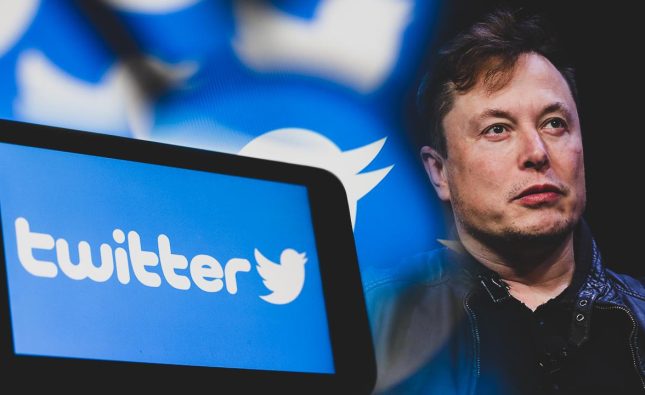
Once upon a time, businesses relied heavily on manual labor to get things done. But with the rise of machine learning, it’s now possible to automate tedious tasks and achieve higher efficiency while reducing costs. Machine learning has been one of the greatest revolutions in modern business, allowing companies to optimize their operations quickly and effectively with minimal intervention from humans. In this blog post, we’ll take a closer look at how machine learning is changing the way businesses do business and what it means for the future.
How Machine Learning is Used in Business
In recent years, machine learning has become one of the most popular buzzwords in the business world. But what is machine learning, and how can it be used to benefit businesses?
At its simplest, machine learning is a form of artificial intelligence that enables computers to learn from data, identify patterns and make predictions. It’s an iterative process, meaning that the more data a machine learning algorithm has to work with, the better it becomes at making predictions.
There are a number of ways that businesses can make use of machine learning. One common application is using it to improve the effectiveness of marketing campaigns. By analysing customer data, businesses can use machine learning to target ads more effectively and personalise the user experience. This can lead to increased sales and customer loyalty.
Another way businesses are using machine learning is to automate tasks that would traditionally be carried out by human employees. This includes things like customer service, fraud detection and financial analysis. Automating these tasks frees up employees to focus on more strategic tasks, and also reduces the chance of human error.
Finally, machine learning is being used increasingly in predictive analytics. By analysing historical data, businesses can use machine learning algorithms to make better-informed decisions about the future. This might involve predicting consumer behaviour, estimating demand for products or services or identifying areas where cost savings could be made.
As you can see, there are a number of ways that businesses can make use of machine learning
Benefits of Machine Learning for Businesses
In the current business landscape, data is king. Businesses that can harness data and use it to their advantage will find themselves in a much better position to succeed. Machine learning is a field of artificial intelligence that enables computers to learn from data and improve their performance over time. This means that businesses that make use of machine learning can constantly refine and improve their operations, becoming more efficient and effective over time.
There are many different benefits that businesses can enjoy by making use of machine learning. Perhaps the most obvious is the ability to automate tasks which would otherwise need to be carried out manually. This can free up employees to focus on other tasks, or simply allow the business to operate with fewer staff. Machine learning can also be used to carry out complex analysis of data, identify patterns and trends, and make predictions about future behaviour. This can give businesses a significant competitive edge, as they are able to make decisions based on accurate and up-to-date information.
Another benefit of machine learning is that it can help businesses to personalise their products and services for individual customers. By analysing past behaviour, machine learning algorithms can identify customer preferences and tailor offerings accordingly. This leads to increased customer satisfaction and loyalty, as well as improved sales figures.
Finally, machine learning is often lauded for its ability to improve safety in various settings. For example, autonomous vehicles are increasingly being equipped with machine learning systems which enable them to react safely and effectively to changing conditions on the road.
Challenges of Implementing Machine Learning in Businesses
There are a number of challenges that businesses face when implementing machine learning. Firstly, machine learning is a complex technology and businesses need to have the right expertise in-house in order to successfully implement it. Secondly, machine learning algorithms can be difficult to interpret and explain, which can make it hard for businesses to understand how the technology is making decisions. Finally, machine learning models need to be constantly trained and updated as new data is collected, which can be time-consuming and expensive.
Case Studies of Businesses Using Machine Learning
The use of machine learning is becoming more and more prevalent in the business world. Here are three case studies of businesses that are using machine learning to improve their operations:
1. Amazon
Amazon is using machine learning in a number of ways, including to improve the accuracy of their product recommendations and to detect fraudulent reviews.
2. Netflix
Netflix uses machine learning to personalize the recommendations it gives to each individual user. This has helped them keep users engaged with their service.
3. Google
Google is using machine learning for a variety of tasks, including image recognition, natural language processing, and improving the quality of their search results.
Future of Machine Learning in Business
The future of machine learning in business is looking very bright. This relatively new technology is already starting to have a major impact on how businesses operate and make decisions. In the coming years, machine learning is only going to become more widespread and sophisticated, changing the way we do business even more.
There are a number of different ways that machine learning can be used by businesses. One of the most common is using it to process and make sense of large amounts of data. This is something that businesses have always struggled with, but machine learning makes it much easier. With the help of machine learning, businesses can quickly and easily find patterns and trends in their data, which can be used to make better decisions.
Another way that machine learning is being used by businesses is for customer service. Machine learning can be used to automatically respond to customer queries or complaints, saving businesses a lot of time and money. In the future, machine learning will likely play an even bigger role in customer service, as it becomes more sophisticated.
As you can see, machine learning is already having a big impact on businesses. In the coming years, this impact is only going to grow as machine learning becomes more widespread and sophisticated. If your business isn’t already using machine learning, now is the time to start investigating how it can help you!










